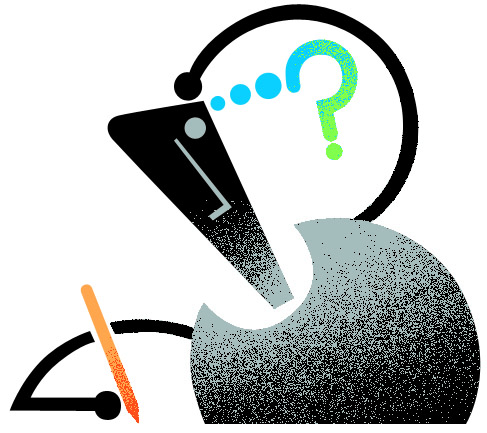
When we teach writing, our pedagogy includes many built-in assumptions. For example, if we adopt a workshop approach, we make assumptions about choice, collaboration, drafting, conferencing, standards-correlations, student accountability, and so on. Checking those assumptions can help us improve our writing instruction.
A few simple questions can reveal the assumptions in a writing assignment:
- What skills does the assignment assume my students can perform?
- What prior knowledge do I assume students have about the topic or writing form?
- What does the assignment assume about students' background, life experiences, or sociocultural standing?
- What does the assignment assume about how the writing will be assessed?
Take, for instance, the following seventh-grade writing assignment. What sort of assumptions does the teacher make, and how could the teacher improve the assignment's design by addressing those assumptions?
Assignment: Personal Narrative
Perform a series of freewrites about things you recall from your childhood before the age of five. Pick one of the freewrites to develop into a personal narrative that delights and instructs or illustrates some general human or natural trait or tendency.
This writing assignment assumes that all students . . .
- understand how to freewrite;
- can recall enough details about an event from early childhood to develop into a full personal narrative;
- know how to develop a narrative from a prior freewriting;
- understand narrative structure, voice, and details (description, action, dialogue);
- can use strategies for prewriting, writing, revising, and editing;
- can "delight or instruct" in their narratives; and
- know how to illustrate "some general human or natural trait or tendency."
Obviously, that's a lot to assume. Perhaps the teacher has provided plenty of instruction in freewriting, narrative writing, and the writing process. Surely, though, the teacher can't know every child will recall enough from an early childhood event to "delight or instruct" an unspecified audience about "some general human or natural trait or tendency." By lifting the age restriction and adjusting the purpose, the teacher could create a more effective assignment:
Assignment: Personal Narrative
Perform a series of freewrites about things you recall from your childhood. Pick one of the freewrites to develop into a personal narrative that reveals something important about your childhood and relates it to the person you have become.
By regularly evaluating our assignments and methodology, we can adapt our pedagogy to the needs our students. And that's one assumption everyone can get behind.